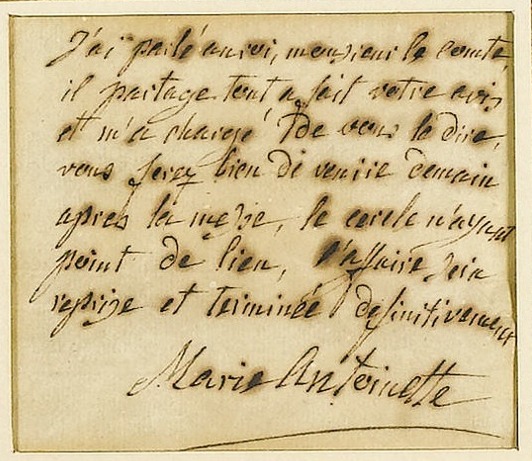
By Jim O’Neal
In 1788, France was ruled by a monarchy, aristocracy and clergy who lived in luxury, while many of the commoners starved. The Storming of the Bastille is now celebrated as the heroic uprising that started the French Revolution.
It occurred on July 14, 1789, and symbolizes the liberation from the French Crown’s oppressive reign of poverty and crushing taxes. When the mob broke through the gates of the infamous jail, the garrison capitulated. But the prison was almost empty. Unknown to the attackers, the government had scheduled the building to be demolished and only six prisoners were left in its cells.
Four of the prisoners were forgers and the other two insane.
Earlier, when King Louis XVI had assumed the crown (1794), the country was in a major economic crisis, with a staggering national debt and a tax base that was in decline. The Catholic Church (which owned 10 percent of all land) and the nobility took advantage of tax loopholes, leaving the tax burden to poor urban workers. Apparently, economic inequality is not a new situation.
The incident that sparked the Storming was the dismissal of Finance Minister Jacques Necker, who sympathized with the commoners. At dawn on July 14, they broke into Hôtel des Invalides and captured 28,000 muskets and 10 cannons, but the ammunition had been moved to the Bastille … all 20,000 rounds.
Thus, the Bastille was not only a target for ammunition, it represented a symbol of long-standing autocratic political power and social systems. At 2 p.m., someone opened fire and the mob started pouring in.
Later, as the French Revolution went careening out of control, thousands of nobels were executed on any pretext and eventually King Louis XVI and his wife, Queen Marie (“Let them eat cake”) Antoinette, were executed. This set off shock waves all over Europe and nearby nations feared these wildly progressive ideas would spread like wildfire.
During the next decade, France would be radically transformed as widespread mob violence ruled. This “Reign of Terror” would forever tarnish the ideals of the French Revolution. But yet today, Bastille Day is celebrated annually as the day the French people won their freedom.
Vive la France!
 Intelligent Collector blogger JIM O’NEAL is an avid collector and history buff. He is President and CEO of Frito-Lay International [retired] and earlier served as Chairman and CEO of PepsiCo Restaurants International [KFC Pizza Hut and Taco Bell].
Intelligent Collector blogger JIM O’NEAL is an avid collector and history buff. He is President and CEO of Frito-Lay International [retired] and earlier served as Chairman and CEO of PepsiCo Restaurants International [KFC Pizza Hut and Taco Bell].
